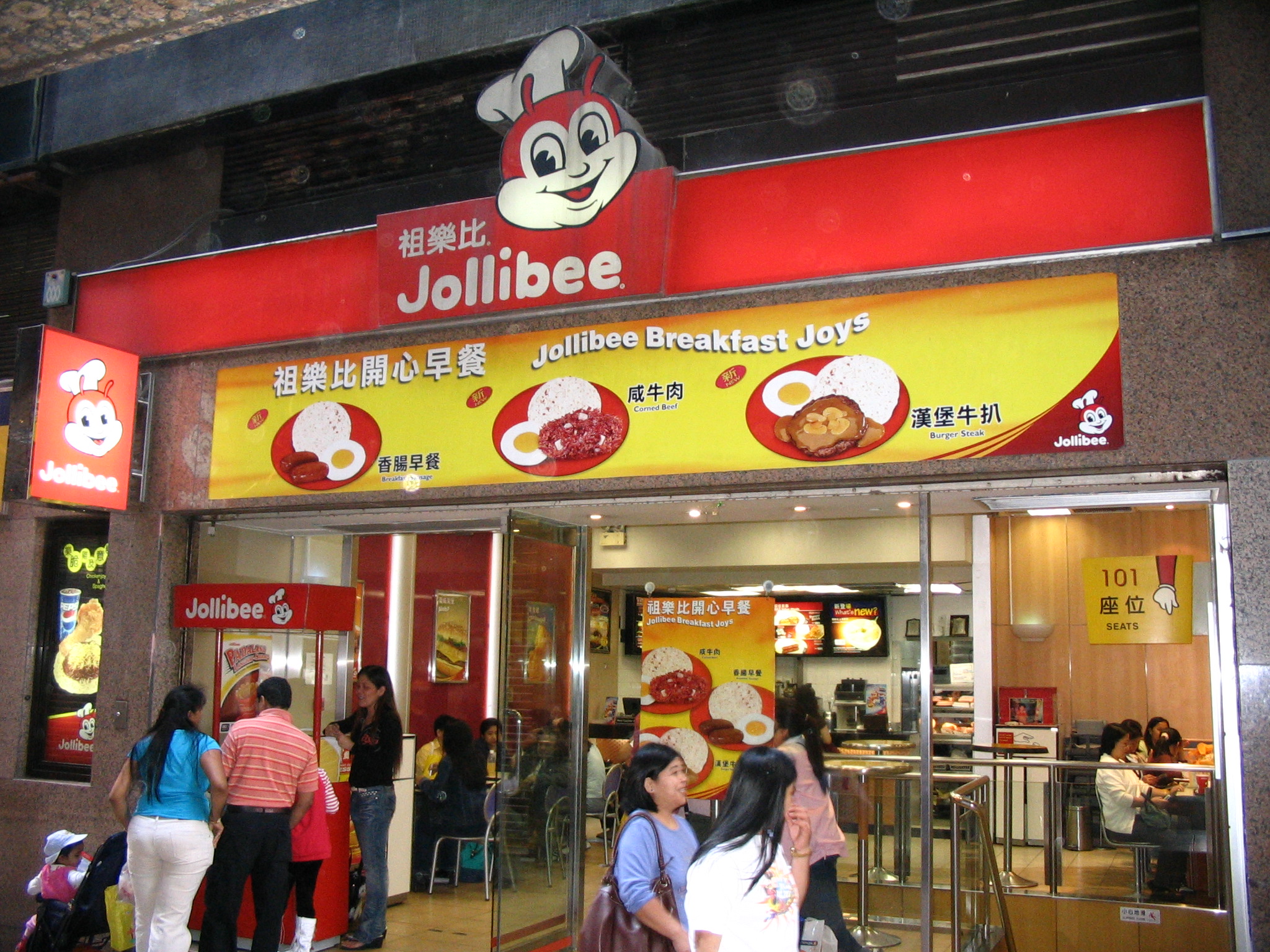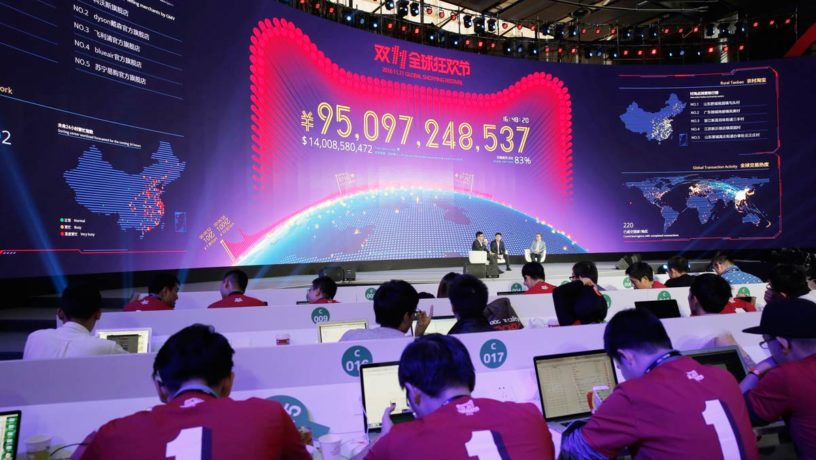Enterprise
-

Phillipines Jollibee Completes Buyout Of Happy Bee In China
Philippines‘ Jollibee buys out partner stake in China-based food Joint Venture Happy Bee for US$10.4 million.
-

The World’s Biggest Shopping Event: Alibaba Achieve Highest Sales Record Of US$ 17.7 Bn On Singles’ Day
China’s ecommerce giant, Alibaba has set a new sales record with its annual Singles Day event, reaching 121bn yuan (US$ 17.7 billion)




